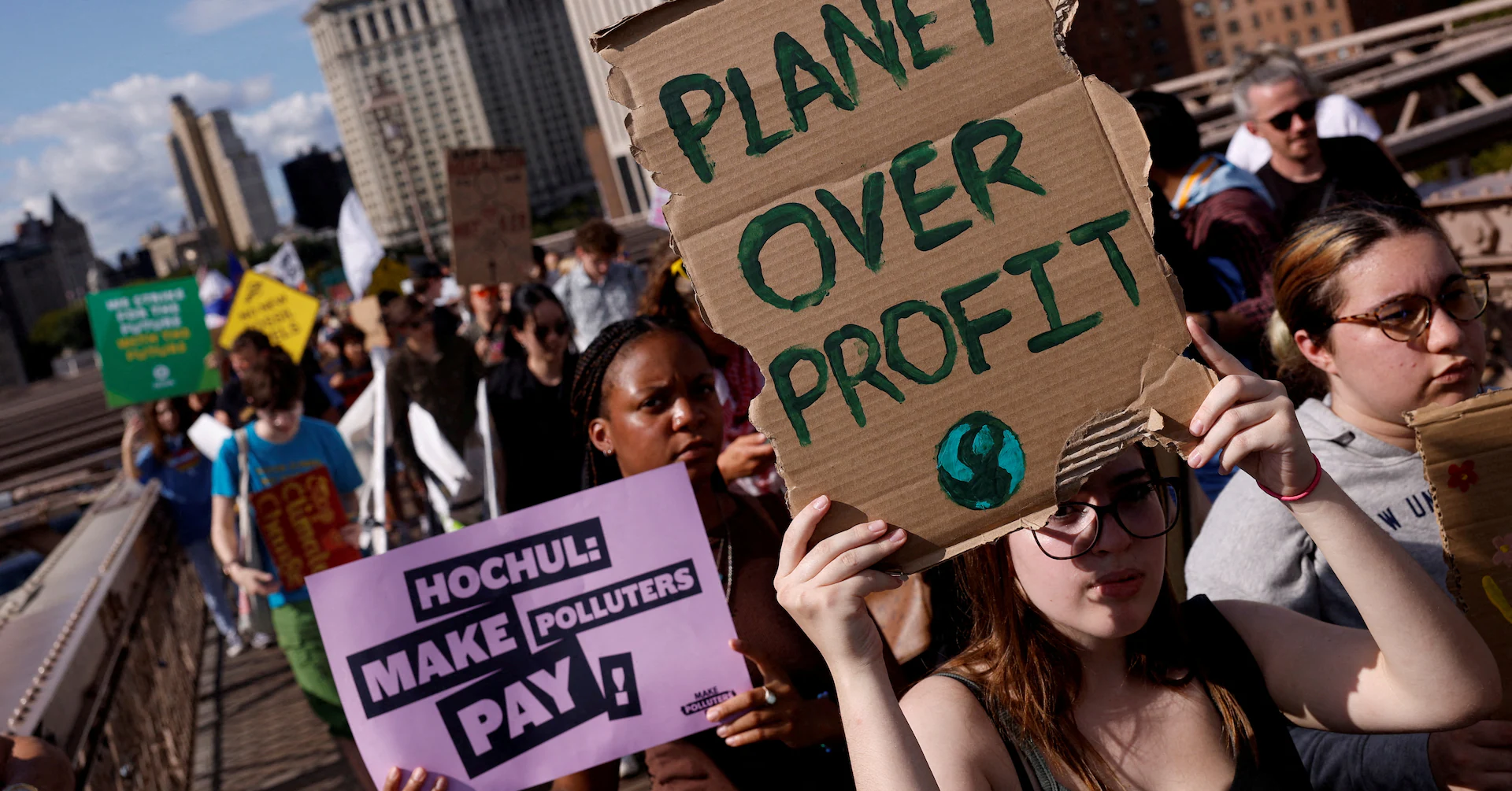Copyright Reuters

This is an excerpt of the Sustainable Switch Climate Focus newsletter, where we make sense of companies and governments grappling with climate change on Fridays. Sign up here. Hello! Are we making a sustainable switch? That’s the question today’s newsletter seeks to answer. The short answer is no. But we still have time to turn things around. The slightly longer answer can be found from the four Reuters stories showing how much we are not sustainably switching. In some cases, we’re actively unsustainably sticking. Perhaps that’s the new title of the newsletter – ‘The Unsustainable Stick’. Let’s get into the top story that caught my eye on how global warming is crossing a dangerous threshold sooner than expected as the world’s coral reefs are now in an almost irreversible die-off, marking what scientists described as the first “tipping point” in climate-driven ecosystem collapse. The warning in the Global Tipping Points report by 160 researchers worldwide, which synthesizes groundbreaking science to estimate points of no return, comes just weeks ahead of this year's COP30 climate summit being held at the edge of the Amazon rainforest in Brazil. The second story is about how carbon dioxide levels in the atmosphere reached the highest ever recorded, potentially further warming the planet and leading to more extreme climate events, a new report by the World Meteorological Organization found. From 2023 to 2024, the global average concentration of CO2 rose by 3.5 parts per million – the largest increase since modern measurements started in 1957, according to the report, published ahead of next month's United Nations Climate Change Conference in Brazil. The third story comes as a bit of a revelation as it turns out oil, gas and coal will continue to dominate the world’s energy mix well beyond 2050, as soaring electricity demand outpaces the shift to renewables, according to a new McKinsey report. Electricity demand will rise mainly due to a projected 20-40% increase from the industry and buildings sectors by 2050, according to the report, with North American data centers seen as the biggest contributors to the surge. I spoke to McKinsey partner Diego Hernandez Diaz who said that this was the “biggest shift in thinking on the evolution of the energy system,” and that they do not expect oil demand to plateau until the 2030s. But he did note that renewables do have the potential to provide 61-67% of the 2050 global power mix if they become a priority for governments. And speaking of renewables, in spite of a record amount of clean energy capacity being added globally last year, it still left countries short of targets towards meeting a U.N. climate goal to triple capacity by 2030, a report by global renewable groups showed. Keep on scrolling down for more on the effects of climate change from heavy rainfall in Mexico and Vietnam, to protests over pollution in Tunisia. WHAT TO WATCH This week, Vietnam was grappling with the damage from severe flooding caused by several consecutive typhoons that have left 85 dead and thousands displaced across 18 provinces. NUMBER OF THE WEEK $1.3 trillion That’s the figure per year required for scaling climate finance according to a group of 35 finance ministers led by Brazil. In the first-of-its-kind report, the Circle of Finance Ministers proposes changes to financial areas such as credit ratings, insurance rates, and the lending priorities of development banks. CLIMATE LENS The world oil market faces an even bigger surplus next year of as much as 4 million barrels per day, according to the International Energy Agency’s predictions. The IEA has been saying the world market looks oversupplied. Tuesday's report said global oil supply in September was up by 5.6 million bpd from a year ago, with OPEC+ accounting for 3.1 million bpd of the increase. Want more stories purely focused on energy and like the comment by Ron Buosso about it? Then click here to subscribe to his Reuters Power Up newsletter. Think your friend or colleague should know about us? Forward this newsletter to them. They can also subscribe here.



